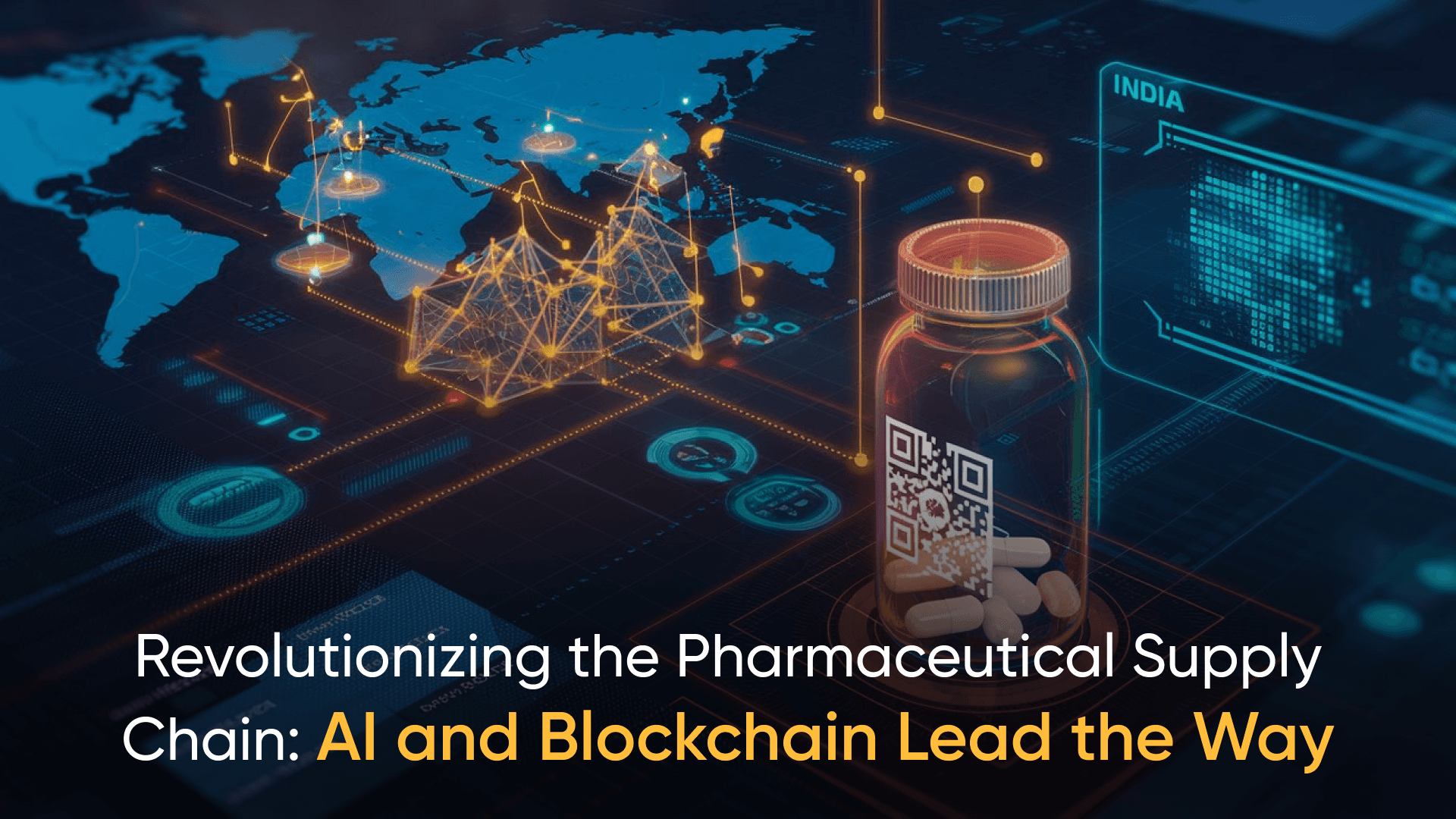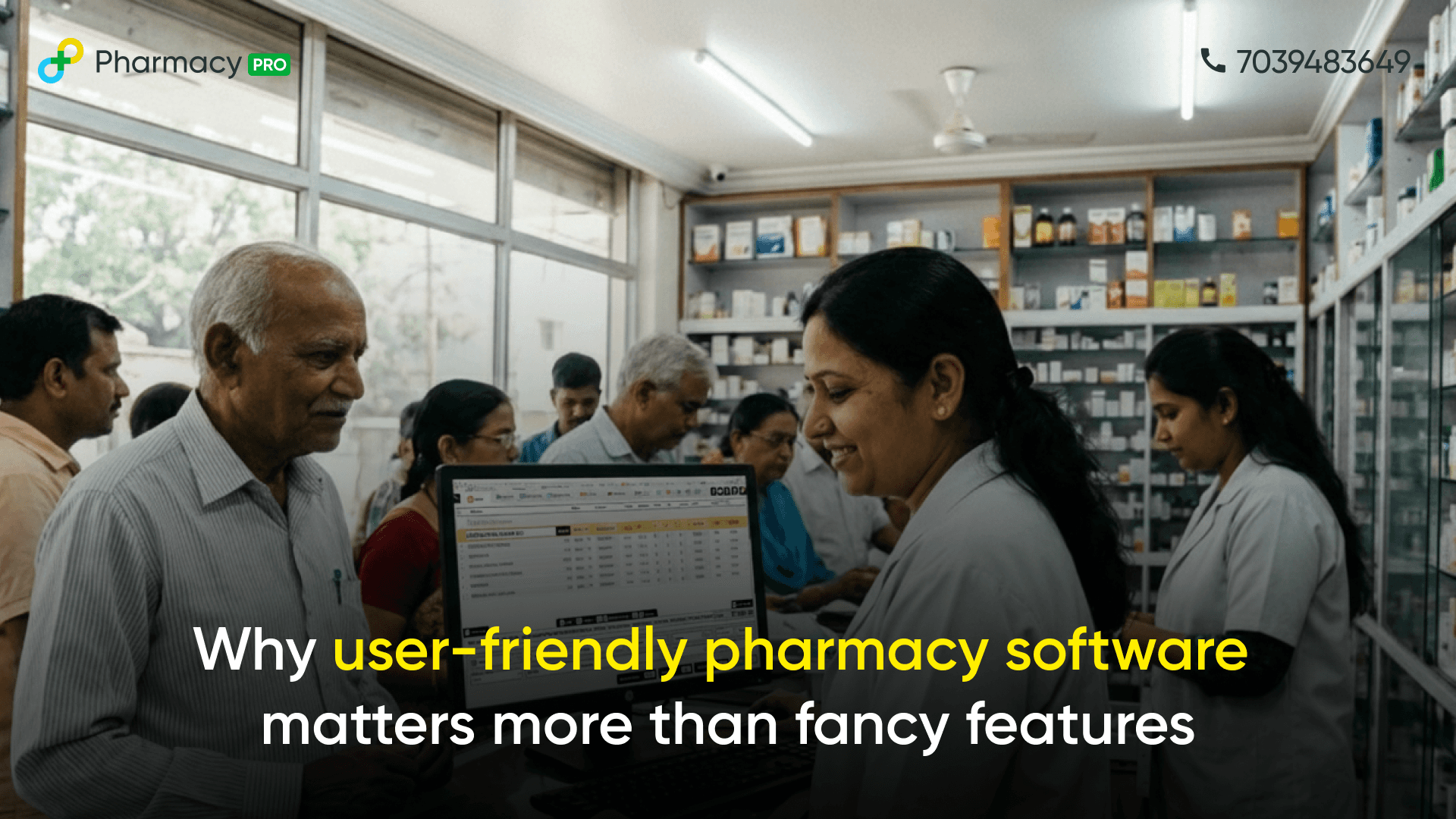India’s pharmaceutical industry, valued at $57 billion, is the third-largest globally by volume. Yet, the complexity of its supply chain—with over 10,000 manufacturers, 70,000 distributors, and eight lakh retailers—poses significant challenges. Ensuring supply chain transparency, traceability, and security is critical to protecting patient health and upholding India’s global reputation as a pharmaceutical powerhouse.
During the ET Pharma Future-Ready Supply Chain Summit, industry leaders discussed how cutting-edge technologies like AI (Artificial Intelligence) and blockchain are paving the way for a more secure and efficient pharmaceutical supply chain. Here’s an in-depth look at the challenges, technological innovations, and strategies that are transforming the sector.
Understanding AI and Blockchain in Pharma Supply Chains
What is AI?
Artificial Intelligence (AI) refers to the ability of machines to simulate human intelligence for tasks like data analysis, decision-making, and predictive modeling. In pharmaceutical supply chains, AI can:
Analyze demand trends to prevent stockouts or overstocking.
Detect anomalies that could indicate counterfeit activity or inefficiencies.
Streamline logistics by optimizing routes and delivery schedules.
What is Blockchain?
Blockchain technology is a decentralized, tamper-proof ledger that records transactions in a secure and transparent manner. Its key features include:
Immutability: Once data is recorded, it cannot be altered.
Transparency: Every participant in the supply chain can access real-time information.
Traceability: Each product’s journey, from manufacturing to delivery, can be tracked.
Together, AI and blockchain offer a transformative approach to solving supply chain challenges, ensuring product authenticity, and safeguarding patient safety.

Challenges in the Pharmaceutical Supply Chain
1. Counterfeit Drugs
Counterfeit medications infiltrate the supply chain, posing severe health risks to patients and eroding trust in healthcare systems. Blockchain-powered track-and-trace systems can help detect and eliminate these fake products.
2. Lack of Traceability
India’s fragmented pharmaceutical ecosystem makes tracking and tracing products challenging, particularly in rural areas. This hinders recall efforts and compliance with regulatory standards.
3. Data Management Inefficiencies
Outdated systems for data collection and sharing create bottlenecks, leading to poor communication between manufacturers, distributors, and retailers.
4. Limited Digital Adoption
Despite India’s significant manufacturing capacity, only 400–500 companies have adopted digital technologies to enhance their supply chains, leaving the majority reliant on manual processes.

Emerging Technologies Transforming Pharma Supply Chains
1. AI and Machine Learning
Predictive Demand Forecasting: AI can anticipate demand surges for critical medications, ensuring availability during public health crises.
Real-Time Monitoring: Machine learning algorithms detect irregularities in supply chain data, preventing disruptions.
2. Blockchain Technology
End-to-End Traceability: Blockchain ensures complete transparency by tracking every stage of a product’s journey, from production to the end user.
Anti-Counterfeit Measures: Using blockchain, companies can authenticate products via QR codes or barcodes, providing consumers with proof of legitimacy.
3. Internet of Things (IoT)
Cold Chain Monitoring: IoT devices track temperature and humidity during transport, ensuring sensitive medicines like vaccines remain effective.
Real-Time Asset Tracking: GPS-enabled sensors monitor shipments, reducing delays and theft.
4. Quantum Computing
Logistics Optimization: Quantum computing can analyze complex logistics data to optimize supply routes and minimize delivery times.

Voices from Industry Leaders
Proactive Initiatives and Challenges
Nitin Shenoy (Biocon) emphasized that adopting AI and blockchain technologies remains costly for many manufacturers but is essential for combating counterfeits and ensuring transparency.
Rajesh Garg (B.Braun Group) highlighted the fragmented nature of India’s supply chain, stressing the need for robust data accuracy and collaboration.
Joy Chakraborty (P.D. Hinduja Hospital) pointed out inefficiencies in medication handling post-pharmacy storage, calling for better education and digital adoption across the healthcare system.
Government Support
The Government of India has introduced:
Production-Linked Incentives (PLI) to encourage investment in future-ready technologies.
Regulatory Upgrades to strengthen data collection and compliance frameworks. These initiatives aim to bring more manufacturers into the digital fold, accelerating the transformation of India’s pharma supply chain.
Strategies for a Future-Ready Supply Chain
1. Invest in Digital Tools
Implement SAP IBP, blockchain, and mobile solutions to enhance visibility and efficiency across the supply chain.
2. Collaborate Across Stakeholders
Manufacturers, distributors, and regulators must work together to develop unified systems that ensure product authenticity.
3. Educate and Train Healthcare Staff
Equip staff at every level, from pharmacy to logistics, with the skills to manage digital tools effectively.
4. Focus on Continuous Innovation
Leverage emerging technologies like smart contracts and advanced analytics to further secure supply chains.
Building Trust Through Technology
India’s pharmaceutical industry stands at the cusp of a digital revolution. By integrating AI, blockchain, IoT, and quantum computing, the sector can address long-standing issues like counterfeiting, poor traceability, and inefficiencies. This transformation isn’t just about technology—it’s about protecting patient lives, enhancing global trust, and securing India’s position as a leader in pharmaceutical manufacturing.
With the combined efforts of technology, government initiatives, and industry collaboration, a future-ready pharmaceutical supply chain is no longer a distant goal—it’s a reality in progress.



